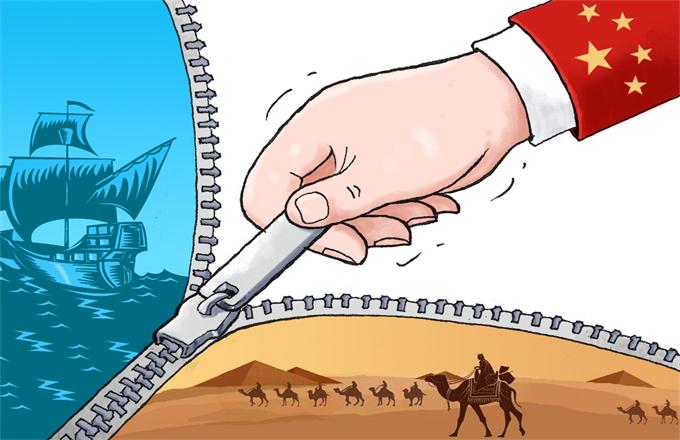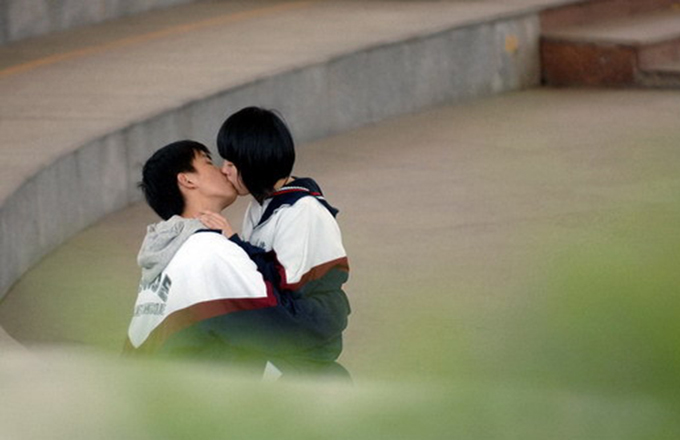The task of providing drinking water
Clean drinking water and sanitation are basic human rights. Lack of access to clean water and sanitation is a silent crisis that destroys livelihoods and claims more lives through illnesses than any war claims through guns.
The good news is that our combined efforts have made a difference. Between 1990 and 2010, more than 2 billion people around the world gained access to safe drinking water, which meant that we achieved that Millennium Development Goal five years ahead of schedule.
But we have an unfinished agenda. More than 600 million people will still lack safe drinking water even in 2015, the target year for MDG, with people in disadvantaged communities three to four times less likely to have access. More than 1.7 billion people in Asia and the Pacific are also without modern sanitation, which means we are totally off track on the MDG target of halving the number of people living under these conditions. And about 100 million people in South East Asia alone continue to defecate in the open.
Behind these numbers are human lives denied the opportunity to realize their potential and live with dignity. It is time we provided all homes, schools, healthcare centers and public spaces access to safe water and sanitation.
Water security, better water management and sound water governance are needed to ensure enough water supply to meet the competing demands of industry, power plants, agriculture and households. We have to ensure sufficient supply of safe drinking water, and take measures to reduce the time it takes for families, especially women, to collect water needed for daily use.
Water security is about ensuring that every person has reliable access to enough safe water at an affordable price to lead a healthy, dignified and productive life. Water security is also about sustaining, inter-generationally, the ecological systems that provide water and protecting people from water-related disasters, especially in the context of climate change.
This is magnified by the fact that more than 90 percent of the impact of climate change is water-related, and that more than 50 percent of the urban population lives in vulnerable coastal areas and flood plains.





















